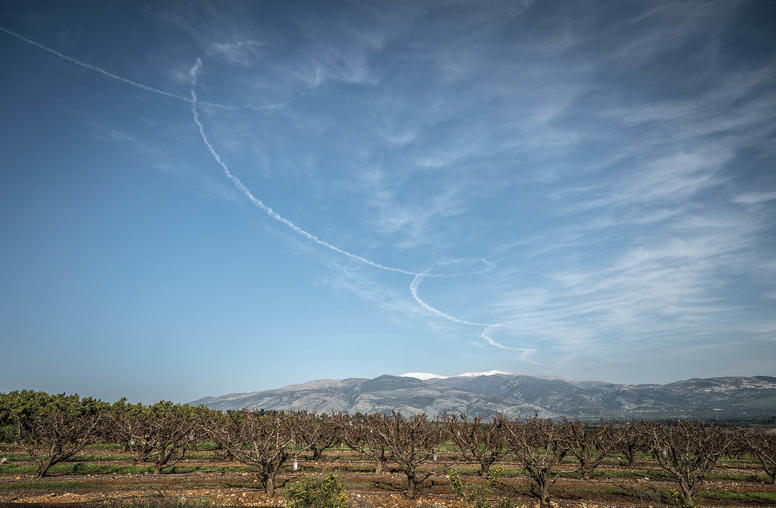The prospect of wresting the last territorial strongholds from the self-styled Islamic State extremist group—within weeks in Iraq and possibly within months in Syria—lends urgency to the question of how to address the lingering swirl of internal, regional and global conflicts. In a discussion today on Facebook Live, USIP Middle East and North Africa Director Elie Abouaoun, Distinguished Scholar Robin Wright and Senior Policy Scholar Mona Yacoubian explored the multiple factors that will continue to keep the region off balance without comprehensive efforts tailored to conditions on the ground.

“The ideology will not go away,” Abouaoun said. “What we know from our field observation is the radicalization and the ideology is increasing – in Iraq and Syria but also in other places. So what we need to do is think about how to address the drivers of this radicalization.”
They vary from one place to another depending on political grievances, social and economic exclusion, lack of education and religious discourse, among other factors, he said.
Wright noted that the Islamic State, also known as ISIS or ISIL, at its peak held territory in each country about the size of the U.S. state of Indiana or the country of Jordan.
“The grave danger, of course, is that, if there isn’t the kind of policy in place, the solutions developed by both countries … that we could beat ISIS but still lose the war, still not make the peace,” Wright said.
The U.S. State Department, the U.S. Agency for International Development and other international agencies and organizations can help Iraq and Syria recover security, basic services and governance, Yacoubian said.
“In the absence of those things, you really create fertile ground for a re-emergence of ISIS 2.0,” she said.
Some 50,000 foreign fighters joined ISIS in Iraq and Syria, and 20 percent to 30 percent have returned home as it lost ground, creating new problems for their countries of origin, as well. Almost half of those who came from the U.K., for example, have returned, Wright said.
In the meantime, ISIS has become a global movement, responsible for or inspiring attacks from Europe to the Philippines, and in the U.S. from Florida to California, Wright said.
Wright noted that a USIP study published in December found that, with each generation, the time it takes to mobilize a force such as ISIS—recruiting fighters and getting them onto the battlefield—is halved, and these forces represent a wider array of countries and the agenda becomes more ambitious.
The experts also took questions from Facebook and Twitter on issues such as the implications of a planned independence referendum by Iraqi Kurdistan, how to reintegrate returning fighters and what happens to the diversity that once characterized the rich cultures of Iraq and Syria.



